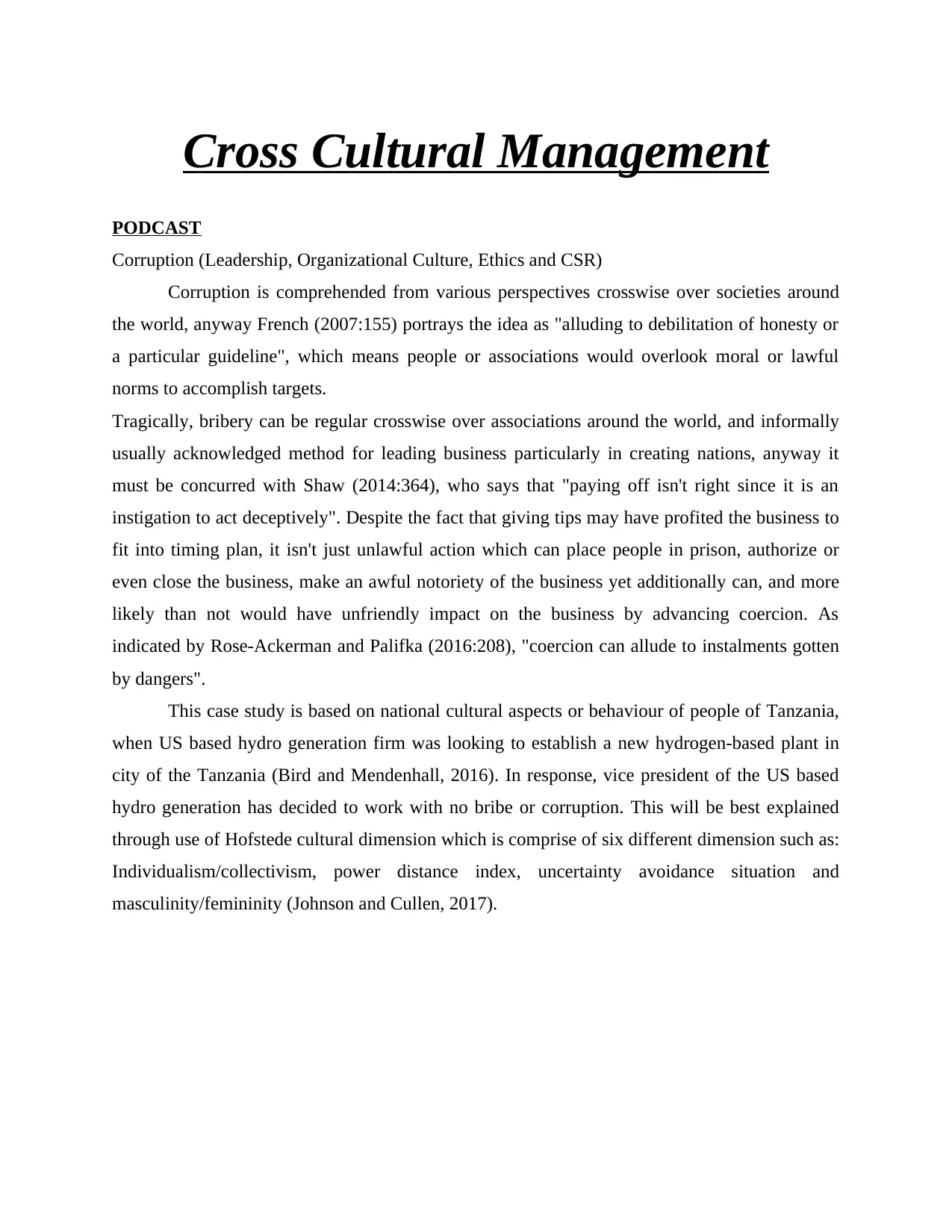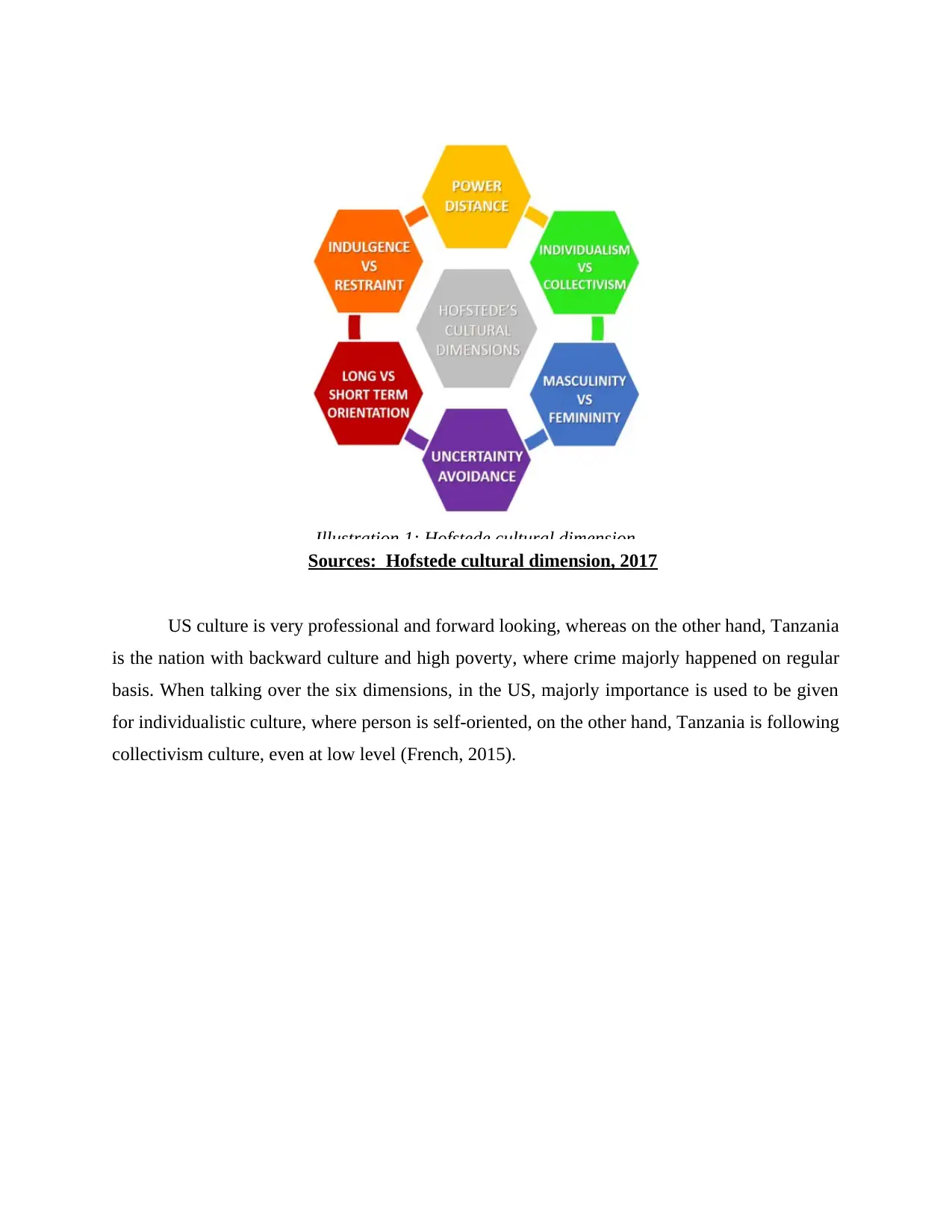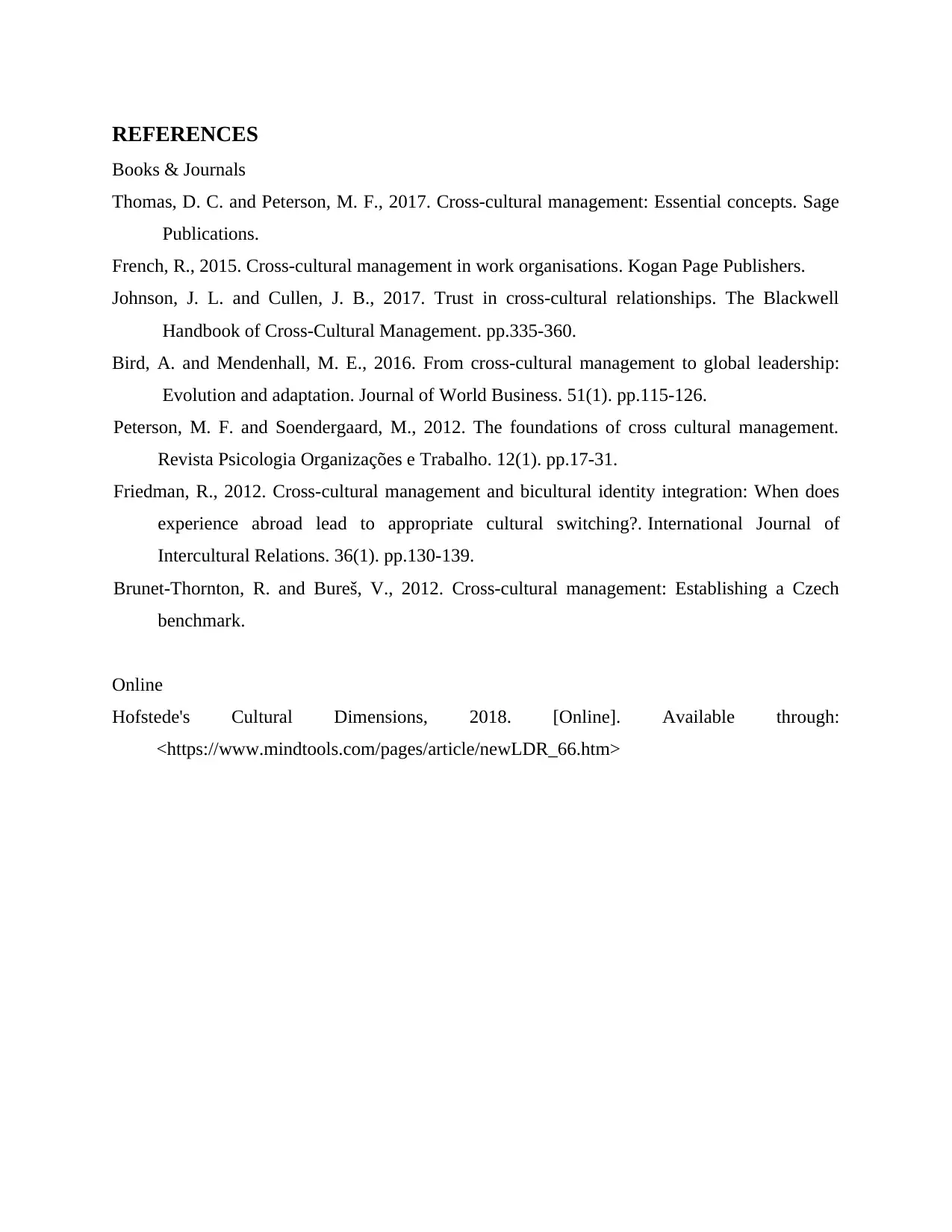Analyzing Corruption in Cross-Cultural Management: A Case Study
VerifiedAdded on 2020/10/22
|4
|630
|120
Case Study
AI Summary
This case study explores corruption in cross-cultural management, focusing on a scenario involving a US-based hydro generation firm establishing a plant in Tanzania. The assignment analyzes the ethical implications of bribery and corruption within the context of Hofstede's cultural dimensions, including individualism/collectivism, power distance, uncertainty avoidance, and masculinity/femininity. The solution highlights the vice president's decision to avoid corruption and the impact of cultural differences between the US and Tanzania, emphasizing the importance of ethical leadership and organizational culture in international business. The study references key concepts and academic sources to provide a comprehensive understanding of the challenges and complexities of cross-cultural management, particularly concerning corruption and ethical decision-making in global business environments.
1 out of 4






![[object Object]](/_next/static/media/star-bottom.7253800d.svg)